The dart called doubt can be fatal
“In a fight, your doubt is a target of enemy’s attack.”
― Toba Beta
When I was around the age of 10, my brothers and I got some dart guns. These plastic weapons had darts which had what looked like suction cup points.
My grandparents must have gotten these for us because I cannot imagine my parents hating themselves so much to get these for us and have to police their use.
My brothers and I would have wars with these darts, gathering the darts that missed their targets and hording them so the other two would be empty-handed.
It was a good thing we did not have very good aim and the spring in the guns did not boost the darts to fly very far; one or more of us would have had serious eye injuries.
As we aged a year or more, we became friends with a neighbor who had a real grown-up dart board with real, pointed darts.
These held a fascination for us and we would finger each dart with delight and then heave it forward, trying to hit the target.
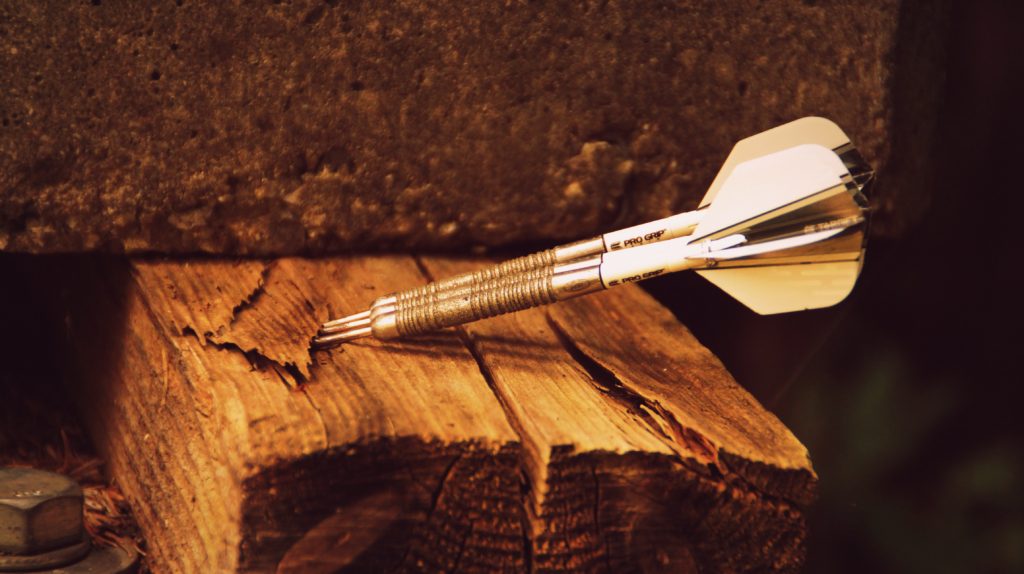
One hot summer’s day, my brothers and I gathered with other boys in the neighborhood and played darts. I saw several take turns throwing the
darts at the target but then, one boy threw and it not only missed the target but it hit one of the other boys in the back, just below his shoulder blade.
I cringed with horror as I saw the dart all the way in the boy’s back and then, as I saw another boy yank it out.
I do not know what happened to this boy because, as kids often do, we went on with our day as if this was a normal thing. The event haunted me, though, for weeks to come.
As an adult I have played darts from time to time and I always remember this event from my childhood but I am no longer horrified because, now, when we play, we hit the target and yet, like that boy, we sometimes become targets.
As a Christian, we become the target of some who wish to bring us down, either to destroy us or to get back at God for welcoming and saving us.
Satan is one who seeks to hit his target and he uses his intelligence when deciding which type of dart to use. Often, Satan’s dart of choice is doubt.
Doubt is a poisonous seed
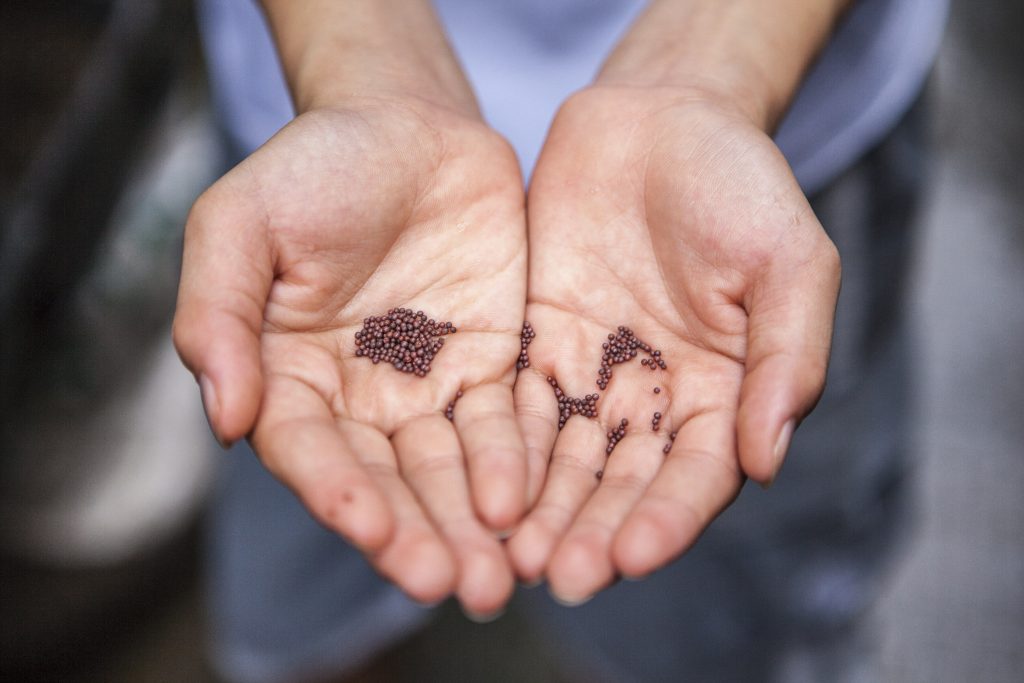
If one can plant a seed of doubt in someone’s heart and mind, he can destroy any relationship.
Doubt often hits its target because it is a foe that attacks gently. We see this in the Garden of Eden in the conversation between the serpent and Eve.
The serpent does not approach Eve and say, “I don’t think you should worry about God’s one rule about not eating the fruit from the Tree of Knowledge.”
This dart would be too easy to dodge. Instead, the serpent throws his dart gently. He said, at the end of Genesis 3:1 (NIV), “Did God really say, ‘You must not eat from any tree in the garden’?”
The serpent plants his first poisonous seed of doubt. What he is saying to Eve is, “Did God really say this or was he joking or exaggerating?”
Eve answers the serpent by affirming God’s command of not eating from the tree in the middle of the garden. So far, so good! The serpent then puts some water on the dirt surrounding his poisonous seed.
The serpent says in verses 4-5 that God is lying to Eve; “You will not certainly die” (verse 4). He then cultivates this poisonous seed of doubt by stating God is afraid she’ll have too much power and become like Him, knowing good and evil (verse 5).
This fertilizer is potent because the serpent states a half-truth. On one hand, Eve would become like God, knowing good and evil but she could never be equal with God.
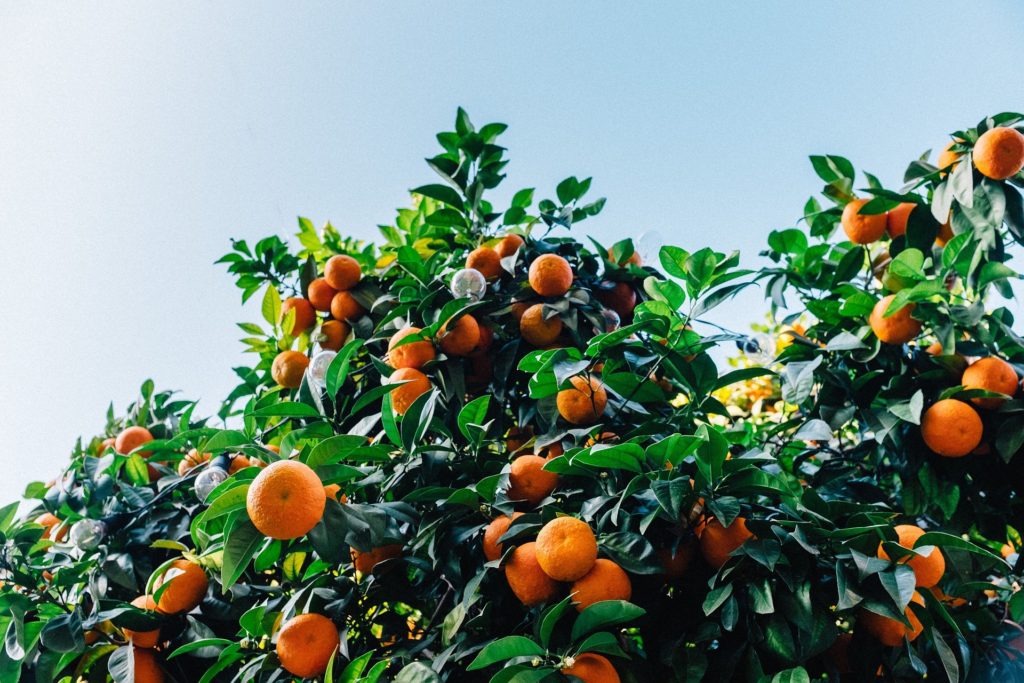
Genesis 1:6 gives us a front-row view of the seed of doubt hitting its target within Eve. “When the woman saw that the fruit of the tree was good for
food and pleasing to the eye, and also desirable for gaining wisdom, she took some and ate it.”
She also gives some to Adam, who ate it. We do not know if Adam had been present when the serpent spoke to Eve and whether Eve planted the seed of doubt within her husband.
We do know doubt hit the target and this seed poisoned the relationship Adam and Eve had with God and each other.
Doubt grows when you do not weed it out.
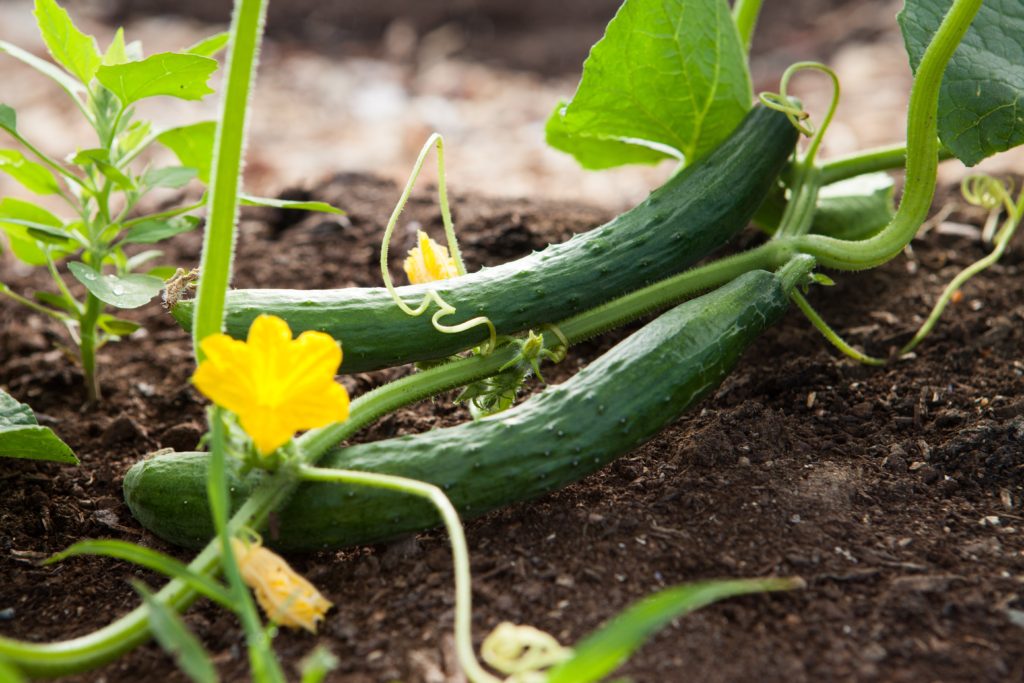
Gardens are wonderful. My grandfather had a small one in his backyard and I loved to pick fresh tomatoes, cucumbers and peppers.
I experienced the fun part of gardening; I arrived when the produce was ready to harvest. I was not there to water and weed it. Idleness is deadly to garden produce and it can also be deadly for us as the poisonous weed of doubt is just waiting to come in, take root and destroy.
In John 20, the disciples gathered to share the joy of seeing the risen Jesus after they knew the soldiers had crucified and buried him, but there was one disciple who had no joy.
Thomas had not seen Jesus since his death as the others had and the poisonous seed of doubt grew within his heart.
Thomas did not try to weed it out. He said in John 20:25 (NIV), “Unless I see the nail marks in his hand and put my finger where the nails were, and put my hand into his side, I will not believe.”
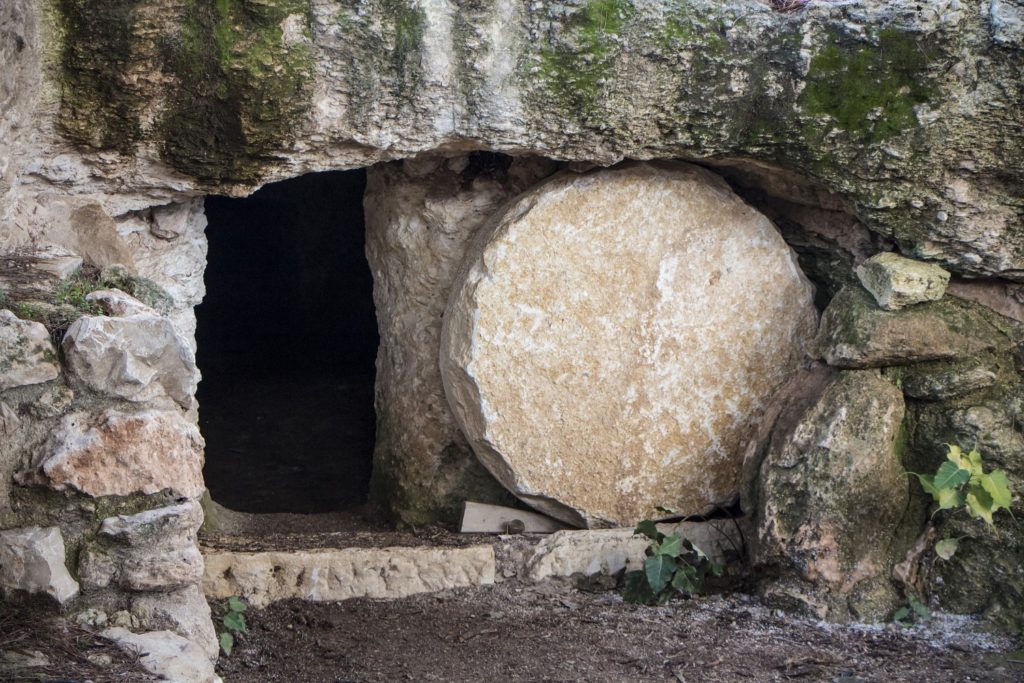
Yes, in all fairness, it would be hard to believe someone you saw die and then buried was alive and walking around, talking with others. But Jesus
had told Thomas he would rise from the dead. Thomas had also witnessed many miracles Jesus performed and had the benefit of sitting at the great teacher’s feet and learning from him.
Thomas should have attempted to weed out the poisonous plant called doubt. If he had attempted to consider all he had witnessed and seen, his faith could have grown and even flourished.
Jesus agreed when he said in John 20:29 (NIV), “Because you have seen me, you have believed; blessed are those who have not seen and yet have believed.”
The power of doubt

Doubt is a powerful dart Satan uses and Christians are warned of this. James 1:6 says, “But when you ask, you must believe and not doubt, because the one who doubts is like a wave of the sea, blown and tossed by the wind.”
James is telling us, when we ask God for his help to fight against the trials and temptations Satan brings our way, if we do not weed out this poison, it will take over our lives, throwing us this way and that, as if we were a wave in the sea.
We must learn to recognize the poisonous seed of doubt and attempt to weed it out of our lives. If we don’t, it will become too big to handle.

